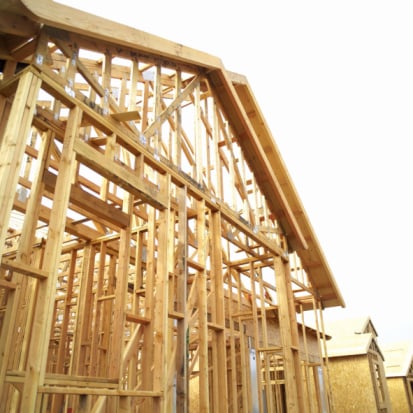Housing
Housing Starts Decline on Sharp Drop in Multifamily Dwellings
Published:
Last Updated:

The seasonally adjusted rate of new building permits rose to 925,000, which is 1.8% above the upwardly revised December rate of 909,000 and 35.2% higher than the January 2012 rate of 684,000.
Single-family housing starts rose to an annualized rate of 613,000 in January, up 0.8% from the downwardly revised December rate of 608,000.
Permits for new single-family homes rose 1.9% in January to an adjusted annual rate of 584,000, from a downwardly revised total of 573,000 in December.
Although a little weaker than expected, today’s report suffers from a sharp sequential drop of 92,000 in multifamily housing starts. The December 2012 reading on multifamily construction starts was the highest total in the whole year by at least 70,000 units.
The National Association of Homebuilders (NAHB) yesterday reported a drop in builder confidence, and the Mortgage Bankers Association (MBA) this morning reported a drop of 2% in mortgage applications.
A financial advisor can help you understand the advantages and disadvantages of investment properties. Finding a qualified financial advisor doesn’t have to be hard. SmartAsset’s free tool matches you with up to three financial advisors who serve your area, and you can interview your advisor matches at no cost to decide which one is right for you. If you’re ready to find an advisor who can help you achieve your financial goals, get started now.
Investing in real estate can diversify your portfolio. But expanding your horizons may add additional costs. If you’re an investor looking to minimize expenses, consider checking out online brokerages. They often offer low investment fees, helping you maximize your profit.
Thank you for reading! Have some feedback for us?
Contact the 24/7 Wall St. editorial team.